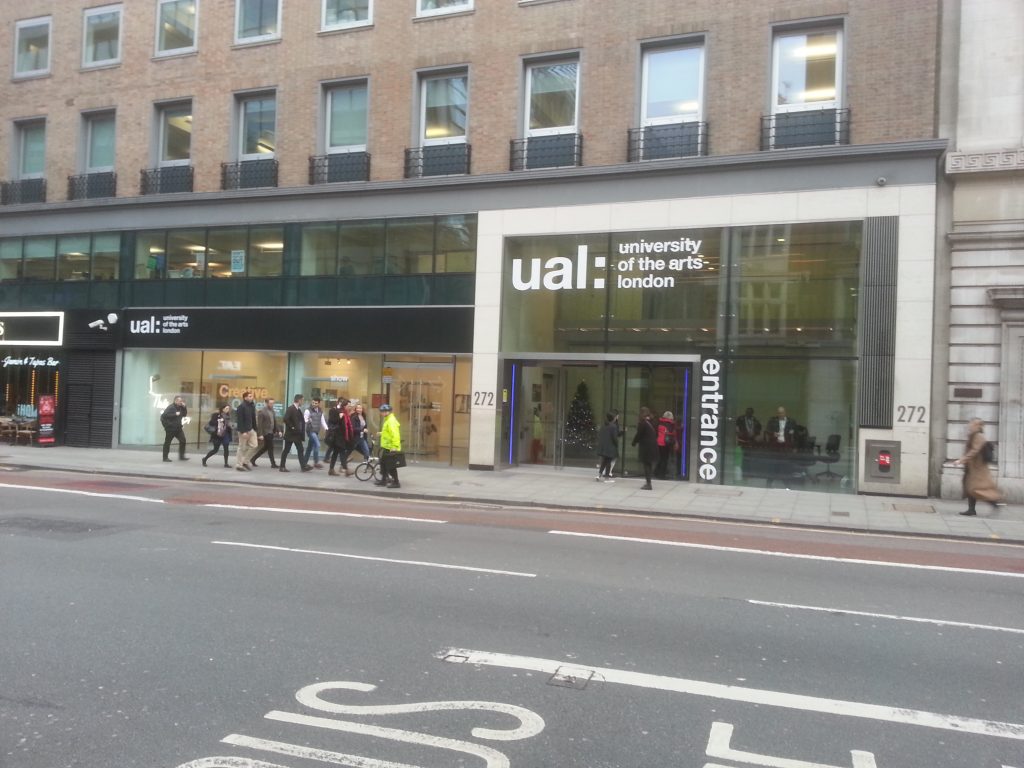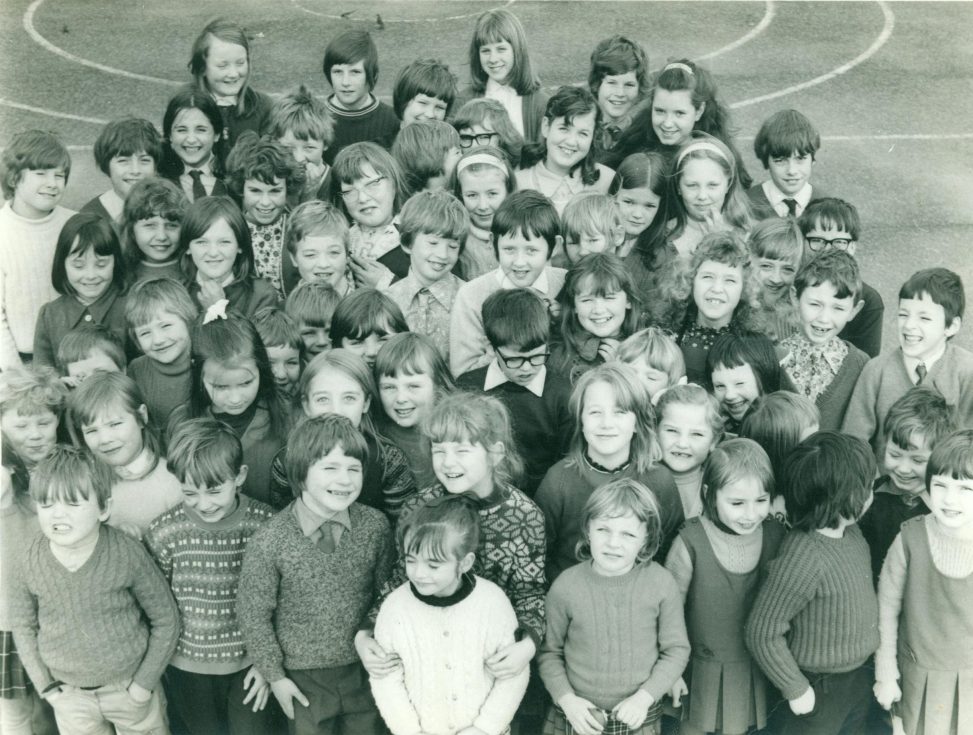‘The maths thing’ is about how maths (or the lack of it) and state education have shaped my life. I never passed the 11+, this is often considered an admission of failure in post-war Britain. It meant being cast onto the ‘scrap-heap’ of Secondary Modern education. State school kids in this country are subject to a sort of apartheid, resulting from the private/state divide. People like myself weren’t able to learn the finer points of cricket, being a twitcher, croquet or opera. Let alone the secret code to ascend ‘the velvet drainpipe’.
As a toddler I was frequently abandoned in a play-pen, with a dog to guard me. The play-pen had little abacuses on it’s sides, I could at least put my mind to sums whilst incarcerated. This backfired at primary school when during my first maths lesson the teacher (Miss Little) put an abacus in front of me. By then, along with my mother’s repeated assertions that I was ‘good at words, therefore wouldn’t be good at numbers’ an abacus symbolised imprisonment, loneliness and confinement. Upon seeing another one, I ‘split off’ as they say, frozen with fear and proceeded to learn sod all.

If I was naughty, my mother used to assail me with a brightly coloured ruler. It was blue with yellow wood-grain intervals an inch apart. Numbers adorned these intervals one to twelve, in sans serif type. Naturally it seemed the numbers were punishing me, which suited my mum – the last thing she wanted was to help me with sums. She always had an irrational fear of numbers.
As the eleven plus loomed, my elders and betters decided I was ‘bright’ but my inability to make sense of deductive reasoning meant I needed to do extra maths. Deductive reasoning problems being of the sort:
‘If Susan gets a bus to Tangiers at ten-o-clock on Saturday morning and the bus stops in Bury St. Edmunds for a fifteen minute break – how much will the pound of potatoes Susan bought be worth by the time she reaches her destination?’ Yes, that kind of pish.
My dad liked numbers and would show-off his arithmetic skills when he could. My sisters and me were never given time to ‘compete’ when the challenge was presented. Dad always came out on top by getting the answer first, so I quickly ceased bothering with this sort of thing.
Extra maths meant being alone in part of the main classroom, with a maths text book, whilst the rest did games or music (socially interactive lessons). The head-teacher, Peter Carter, would bring a screen across the room to isolate me, so I could ‘concentrate’. He made a few feeble attempts to show me what to do, but for the large part I was left to get on with sums. Akin to giving a ten year old British child a Russian novel (set in the Cyrillic alphabet) and expecting them to be able to read it.
Apart from the insanity of this, the whole business only served to make me loathe mathematics even more. To me it was a penalty, like detention. If Carter broke the legs of one of his pupils and entered them for a hundred metre sprint, that’s the equivalent of what he was doing to me in preparation for the eleven plus – and he knew it. Isolating learners in an educational context is currently a form of punishment; in my case I hadn’t committed any crimes – just couldn’t understand the codswallop being rammed down my throat by someone who lacked the skills to teach it well.
The consequences were: I felt stigmatised and embarrassed, as if there was something wrong with me, I felt frustrated – because I didn’t know what to do and diminished because I had ‘failed’. I also missed out on enjoyable lessons which might have increased my capacity for social interaction – we lived on the outskirts of a village in rural Norfolk, I was quite introverted.
At secondary school I determined never to do maths. Our teacher, Mr. Murphy or ‘Spud’ as we called him, was a benign, good natured man. I would sit, arms folded and drift off as he burbled incomprehensibly at the chalk face. By the time I reached fifteen, I was given vocational guidance, doing psychometric tests in London. They concluded I was 99% suited to medicine but ‘unsupported by maths’ (aptitudinally) it would be unwise to pursue the subject. A positive interpretation might have said: ‘teach the boy maths and he could become a capable doctor’. Instead they advocated Art school. At the time it sounded an attractive option, but on balance I allowed my fifteen year old self to be bamboozled into thinking I had to take that route and couldn’t do anything else.
Later I recognised the need for processing skills and greater confidence with numbers. I re-took maths GCSE when I was in my thirties, at the Working Men’s College in Camden. Decades on, nothing had changed. A maths teacher was still a man with a moustache who talked gibberish at you. Miss a trick and you were marooned on an island of ignorance, too embarrassed to ask why half-a-pound of bananas cost more, if the co-efficient of x didn’t equal a+b, squared. I passed the exam with an average grade. Conquering one of my worst fears and phobias.
I still take issue with the ‘supremacy’ of maths. During the weeks prior to my exam I was invited to the wedding of Grayson Perry’s brother in Wales. I turned it down in favour of swotting. On that Saturday afternoon, I was trying to get my head around sequences (bananas and potatoes = n), when a fire broke out in the room below. I made my way to the kitchen and calmly extinguished the flames. Then wrote a text book answer to the problem I’d been working on, with a four digit mantissa. I couldn’t begin to relate or understand why.
How many fires in an exam hall would it take for me to get a grade A in GCSE mathematics? and why do pyrotechnical interludes educe logic in artists?

Fast forward to December 2015 and I’m in a meeting at the University of the Arts, London (UAL), pooling ideas about ways GCSE Art can be mathematicised, brain-child of Justine Greening’s stint as education secretary. What could be more fallacious than trying to make Art subject to Maths? Authors like Charles Bouleau apply mathematical grids to works of Art, but I’m not sure if the artists concerned spent hours calculating where to draw a nipple or a willy. Besides, the whole venture (at UAL) was really about Tory education policy, attempting to catch learners who ‘slip through the net’ – avoiding maths by choosing arts subjects.
People gravitate towards art because they are at ease with it. To myself, the art room was always sanctuary. A place where we could lark about under the pretence we were doing something worthwhile. Research at Harvard University in the US has proven children who suffer violence at the hands of their guardians can lack processing skills (necessary for maths and logic) the trauma of their experience is assumed to affect brain development and function.
This is not to say all art education abounds with happiness (see st-martins-fact-and-fable-by-alan-dedman). Dragging maths into Art could reiterate the pain such folk experienced at an earlier stage in their lives; in my opinion it’s a stupid policy. It would destroy the comfort and ease these types feel when doing art, causing any positivism to wither and stall.
Art is about that certain je ne sais quoi, it can’t be formularised. There is no ‘one size fits all’. Even the conveyor belt of success at Goldsmiths has it’s also rans and failures, who never make their way into the news. Unfortunately the myth of artistic ‘greatness’ is kept beyond the reach of the majority, mainly by the mechanics of Capitalism which reflect elitism and extreme ‘value’, denying any sort of democracy around the concept of talent. You are on a hiding to nothing if you try to level the playing field, by stuffing that lot through the education mincer.
Artistsic methodology is poles apart from the sciences. Maths and physics offer nowhere to hide – the answer is either right or wrong, (which can be a source of cultural pessimism). Success in the arts is all very well, but there’s only so much fudging to be done in the name of it. I discussed ‘Sacred Geometry’ with a mathematician, which he seemed to dismiss as pseudo – science, in his opinion mathematics is about precision, none of this dynamic mantissa nonsense.
I was bent out of shape before I started; art school might have been a wheeze – but it failed to impart the sort of skills necessary for the ‘success’ that was promised. Too much idealism, not enough realism.
Main photo: Children at Tilney St. Lawrence County Primary School in the 70s.

DIANA CAPSTICK
You haven’t changed Dedman.
admin
Wot?? You mean STILL infantile? or ‘always wears stylish pants’ ??